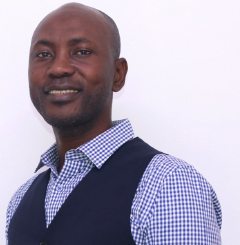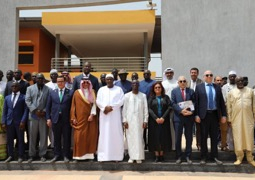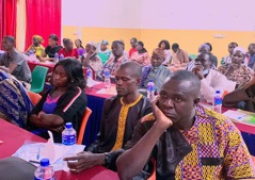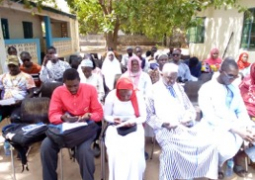
He added that such projects must be accelerated to adopt radical approaches to ensure bodily autonomy for women and girls as well as ensure unhindered access to services and information regarding sexual and reproductive health rights.
Mr. Camara made these remarks during the opening of a two-day conference on Sexual and Reproductive Rights Network (SRR Net) hosted by Think Young Women with support from Amplify Change.
The aim of the conference was to stimulate dialogue and discussion in The Gambia with various stakeholders on women’s reproductive health and rights.
He pointed out that no significant development can take place without women and girls who form majority of the country’s population, adding that it is important that they take their rightful space by making decisions on their reproductive health on their own.
He went on to say that factors that impede women and girls access to SRHR include Gender Based Violence (GBV) which is one of the most prevalence human right violations globally.
He noted that his office is finalising a national out-of-school comprehensive sexual manual developed in line with international technical guidance on sexuality education.
He also pointed out their plan of launch an adolescent and youth sexual reproductive health mobile application to create space for young people on their sexual and reproductive health.
Meanwhile, sexual rights and reproductive health are integral elements of the right of everyone to the enjoyment of the highest attainable standard of physical and mental health.
Many obstacles stand between women and their enjoyment to sexual and reproductive health. These obstacles are interrelated and entrenched, operating at different levels: in clinical care, at the level of health systems, and in the underlying determinants of health. In addition to biological factors, social, economic and other conditions bear upon a woman’s sexual and reproductive health.





